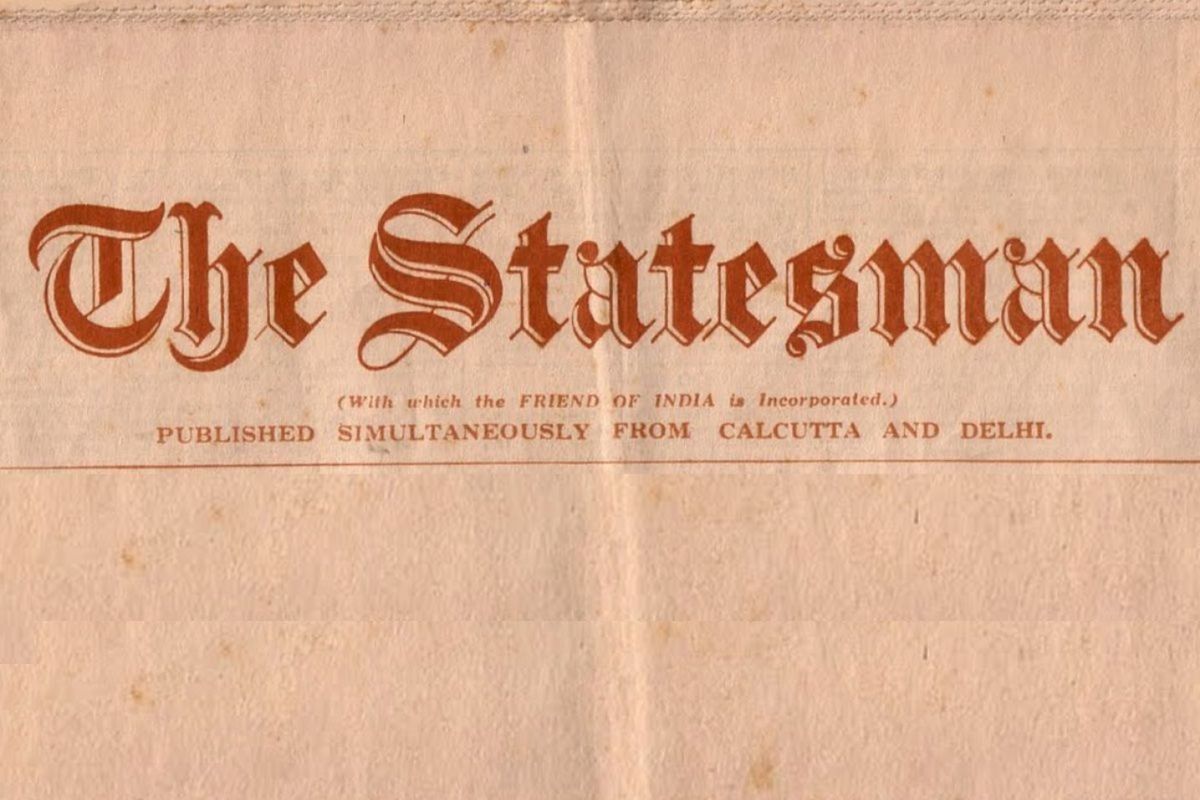BENGAL ZEMINDARS & THE REFORMS
To The Editor Of The Statesman
Advertisement
SIR, – When the Morley-Minto Reform Scheme was inaugurated nearly ten years ago, special seats were provided in the constitution of the Bengal Legislative Council for the representatives of such different communities as the Zemindars, the Mussulmans, and the European Trade and Commerce of the province. Under the arrangements of the India Councils Act of 1909, five seats were provided in a Council of only fifty members in Bengal for the Zemindars, five for the Mussalmans and five for European Trade and Commerce. The Southborough Committee, while accepting the recommendations of the Montagu-Chelmsford Report regarding the continuance of these special electorates, seemed to have gone back on the principle of the adequate representation of at least one of these important communities. This committee recommended that the Bengal Council should in future consist of one hundred and twenty-five members, and, of this strength, thirty-seven should be returned by special Mahomedan electorates, seventeen by European Trade and Commerce, and five by the Zemindars of Bengal.
MANINDRA CHANDRA NANDY.
Maharaja of Kasimbazar.
AN APPEAL
To The Editor Of The Statesman
SIR, – I noticed a statement recently that the collections at the religious services in Bombay and Sind on Sunday, were to be devoted to the benefit of disabled soldiers and of dependants of those who have fallen in the war. This is as it should be; and this procedure might be followed by other religious denominations throughout India. I would also invite attention to the grand work which is being done in this direction by the “Lord Roberts Memorial Workshops for permanently disabled soldiers and sailors.” There are eleven of these workshops spread over the United Kingdom and any soldier or sailor, no matter how badly disabled, is given permanent employment. He is taught a trade suitable to his disability and, while learning, is given a living wage. Thus the men become, not receivers of charity, but valuable units of a huge economic industry; therefore while we are helping the men we are helping the country.
W. THOMAS.
Authorised Collector for India,
Ahmednagar.
THE NEED FOR NEW RAILWAY STOCK
To The Editor Of The Statesman
SIR, – In your leader of the Dak Edition, you dealt with the question of the central control of the standard gauge railway stock, also the question of standardised types of wagons. In my opinion the whole of this question would be settled once and for all if the railway and Railway Board could entice English firms of carriage and wagon builders to open out central businesses in India to hire out stock. Two or more such businesses for the standard gauge, and two or more for the metre gauge would throw railway capital into better use as railways would then keep a minimum stock, and get the rest on hire. The firms would most naturally construct standardised types of stock most suitably to all railways. This in its turn would stimulate the iron and wood industries of the country and lead to competition of other English firms.
RAILWAY REFORM.











